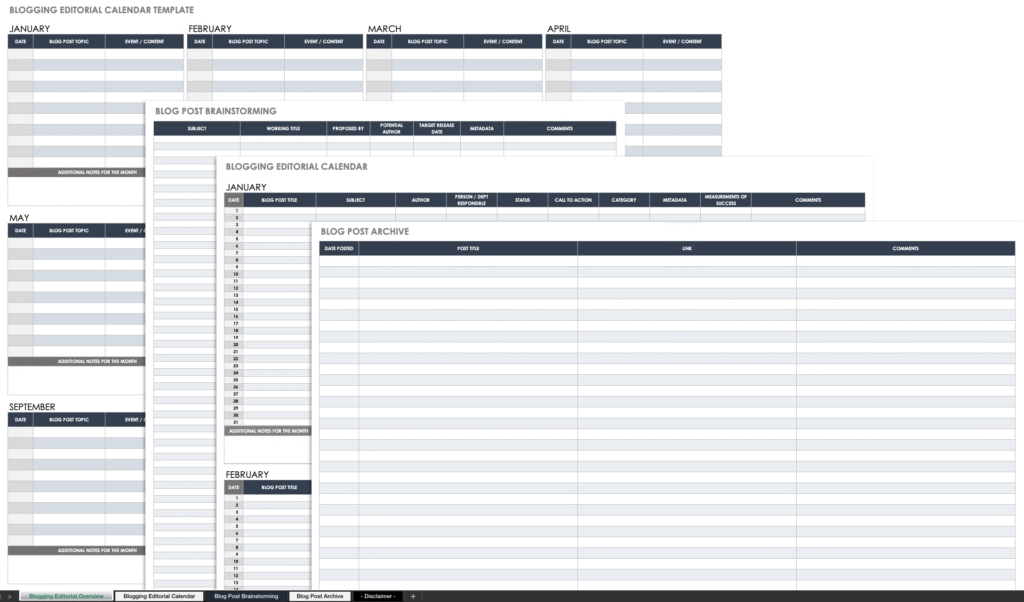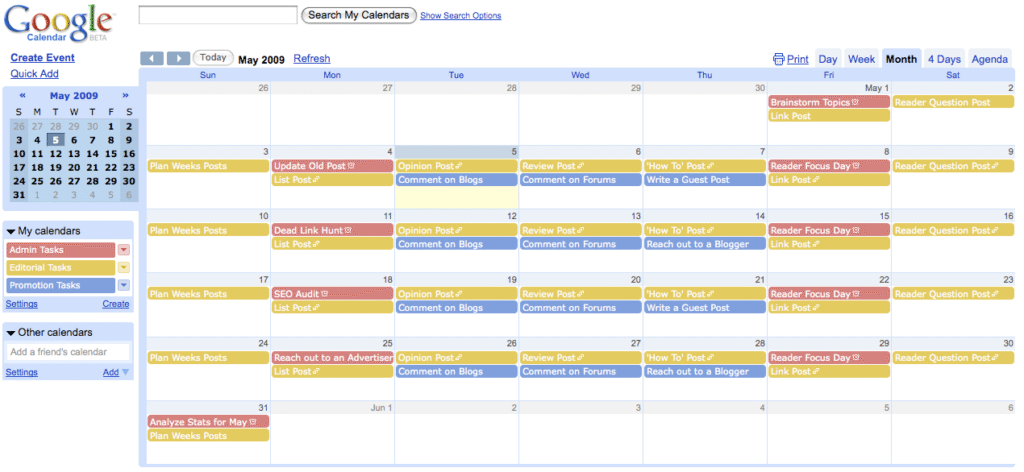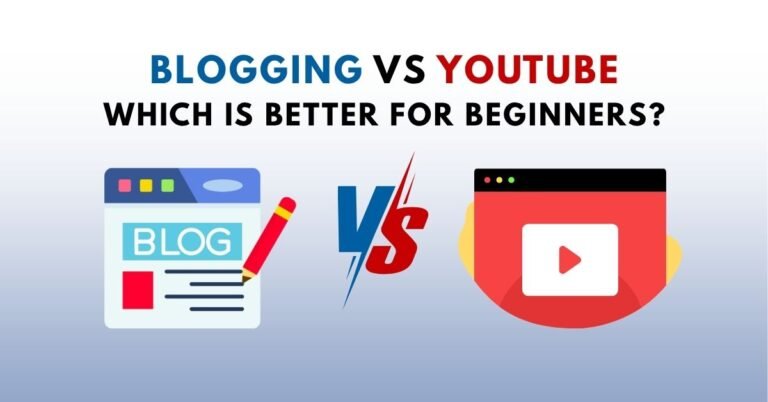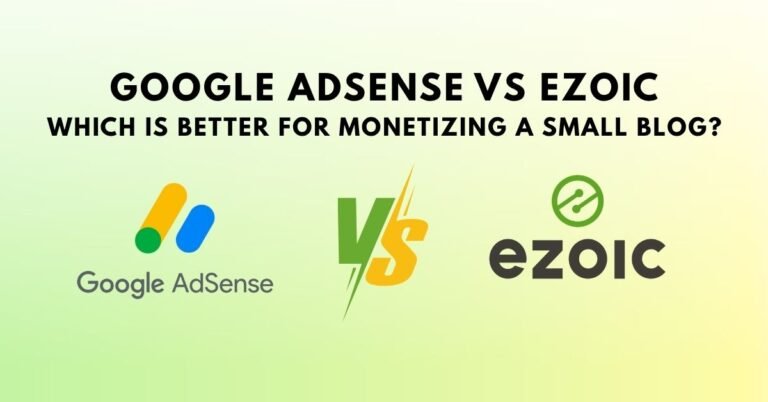If you’re just getting started with blogging, one of the biggest questions you’ll face is:
How often should you publish blog posts—daily, weekly, or monthly?
There’s no one-size-fits-all answer, but the choice you make can significantly impact your blog’s traffic, SEO performance, and long-term growth. In this guide, we’ll break down the pros and cons of each blogging frequency and help you choose the right strategy based on your goals, time, and experience level.
Whether you want to grow fast or build steadily, this post will guide you step-by-step.
Why Your Blog Posting Frequency Matters
Your content schedule is more than just a routine—it’s your foundation for audience trust, SEO, and content planning.
Here’s why frequency is important:
- Boosts Search Engine Visibility
- Builds Reader Expectation and Trust
- Improves Writing Discipline and Flow
- Increases Traffic Potential Over Time

Blogging Daily: Is It Worth It?
Pros of Daily Blogging
- Rapid Content Library Growth
- More content = more chances to rank on Google.
- Faster SEO Indexing
- Frequent publishing can lead to faster crawl rates by search engines.
- Improved Writing Skill
- Practice makes perfect, and daily blogging helps sharpen your writing muscle.
- More Opportunities for Social Sharing
- Daily content gives you more to promote.
Cons of Daily Blogging
- Time Intensive
- Risk of Burnout
- Quality May Suffer
- Harder to Promote Each Post Properly
Who Should Blog Daily?
- Full-time bloggers
- Niche bloggers with short-form content
- Experienced writers who can batch-create content

Blogging Weekly: The Sweet Spot?
For most beginner bloggers, weekly posting is the best balance between growth and sustainability.
Pros of Weekly Blogging
- Manageable Workload
- Allows Time for Promotion and SEO Optimization
- Maintains Reader Engagement
- Higher Quality Content
Cons of Weekly Blogging
- Slower growth compared to daily blogging
- Requires planning and consistency
Who Should Blog Weekly?
- Beginners juggling other responsibilities
- Bloggers aiming for long-term SEO and quality
- Anyone who values consistent, high-value content

Blogging Monthly: Is Less More?
Some bloggers opt to publish once a month—especially if their content is long-form and deeply researched.
Pros of Monthly Blogging
- Time for In-Depth Research and Editing
- Less Pressure = Less Burnout
- Good for Evergreen and SEO-Rich Posts
Cons of Monthly Blogging
- Low Engagement Frequency
- Harder to Build a Loyal Audience
- Slow SEO and Traffic Growth
Who Should Blog Monthly?
- B2B or professional bloggers writing 3,000+ word guides
- Side-hustlers with limited time
- Bloggers with strong content promotion strategies

Daily vs Weekly vs Monthly: Quick Comparison
| Blogging Frequency | Best For | Pros | Cons |
|---|---|---|---|
| Daily | Fast growth, niche content | SEO boost, habit building | Burnout, time intensive |
| Weekly | Beginners & balanced growth | Consistency, quality | Medium growth |
| Monthly | Experts, evergreen content | High-quality posts | Slow growth, low engagement |

How to Choose the Right Blogging Frequency for You
Here are some questions to help you decide:
1. How Much Time Can You Realistically Dedicate?
If you can spare 3–5 hours a week, weekly is perfect.
2. What Is Your Blogging Goal?
- Want traffic fast? Go daily.
- Want quality and sustainability? Go weekly.
- Want deep, authoritative posts? Monthly might work.
3. What Kind of Content Do You Create?
Short tutorials = more frequent posts. Long-form guides = fewer but detailed posts.
4. Are You Promoting Your Content?
Blogging isn’t just writing—it’s also promoting. Less frequent publishing allows more time for promotion.
Tips to Stay Consistent With Any Blogging Schedule
- Create a Content Calendar
- Batch Write When Possible
- Use Templates for Faster Writing
- Set Realistic Goals (and Stick to Them)
- Track Performance and Adjust

Real-Life Examples from Successful Bloggers
- Neil Patel blogs multiple times a week with high-quality SEO content.
- Backlinko (Brian Dean) posts monthly but each post is a deep SEO case study.
- ProBlogger maintained a weekly schedule to grow a community-driven blog.
These examples show that there’s no “one right way”—just the right way for you.
Final Thoughts: So, How Often Should You Blog?
The best blogging frequency depends on your:
- Time availability
- Writing speed
- Promotion strategy
- Blogging goals
For most beginners, weekly blogging strikes the best balance between growth, consistency, and quality.
Whatever schedule you choose—stick to it. Consistency builds trust with your readers and signals reliability to search engines.
FAQ: Blogging Frequency for Beginners
If you can maintain quality, daily blogging can accelerate growth. But weekly blogging is more sustainable for beginners.
Yes—generally, more content means more SEO opportunities. But it must be quality content that solves user problems.






